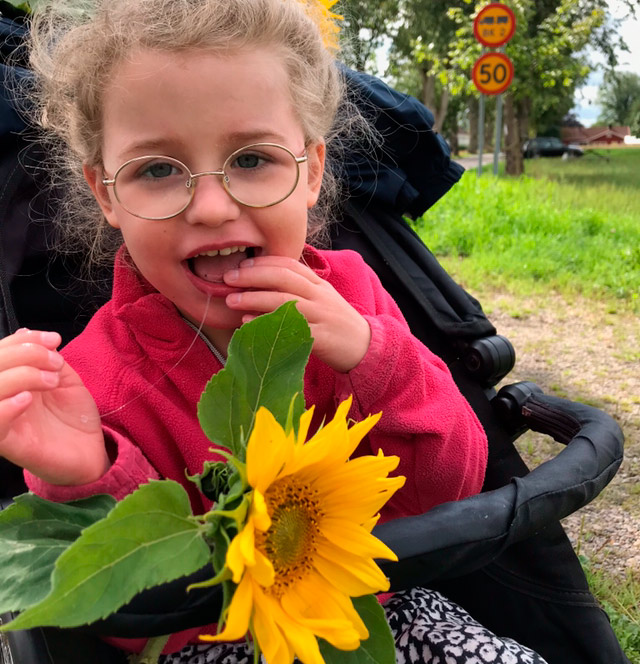Why a Diagnosis Matters
For People Living With an Undiagnosed Disease (PLWUD), not having answers can be one of the most painful parts of the journey. A diagnosis is more than just a name—it's a turning point.
Clarity and Understanding
A diagnosis brings explanation to symptoms that may have been misunderstood for years, offering peace of mind and direction.
Support and Community
Being diagnosed connects people with others facing the same challenges, creating space for shared experiences and mutual support.
Eligibility for Services
Many essential services, including insurance coverage, educational accommodations, and disability benefits, require a formal diagnosis.
Hope for the Future
Every diagnosis contributes to scientific understanding, enabling research that could lead to better treatments—or even cures—for others.
A diagnosis can change everything
That’s why we work tirelessly to end the diagnostic odyssey for individuals and families around the world. Obtaining a diagnosis is crucial, because as long as a disease remains undiagnosed, doctors have no way of knowing what causes it.
This means that the health care system does not know how the person should be treated and whether a medicine helps or overturns. No one knows how the disease will manifest itself (no prognosis exists) nor can anyone give genetic advice on heredity.
Today it is not uncommon for PLWUD have to wait several years to get a diagnosis. A delayed diagnosis can mean that the disease gets worse and, at worst, becomes life-threatening.
Lacking a diagnosis also means that it can be difficult to get help from the community to which the child should be entitled, such as an aid and personal assistant. It can also be difficult to get help from the health care system when there is no diagnosis, such as habilitation, physiotherapy, speech therapist, etc.
For parents, it is extremely difficult not to know why the child is difficult despite the fact that the health care system has made many and thorough investigations during the child's upbringing. Unfortunately, sometimes parents are also distrusted by society and health care. So it's no wonder that many people wonder if they've done something that might have made the child sick as a repaint, taken half a glass of mulled wine or eaten something inappropriate. All such thoughts disappear when the child finally receives a diagnosis.
 Alice has been diagnosed with Neuronal ceroid lipofuscinos (NCL), variant CLN7
Alice has been diagnosed with Neuronal ceroid lipofuscinos (NCL), variant CLN7
Alice's mother Emilie tells:
"Alice has been diagnosed with Neuronal Ceroid Lipofuscinosis (NCL), variant CLN7.
To get a diagnosis of an incurable disease is a great sadness and a very tough decision to receive. But living with a sick child without a diagnosis is actually even worse!
You know something's wrong with your child, but you don't know what. You have nothing to relate to and do not know what to prioritize in nursing and training. Unfortunately, it is actually the case in our society that it usually takes a diagnosis to get the help you are entitled to, it makes it all a lot easier. You also don't know if there is actually anything that could help your child feel better or get well. You live your life all the time in a constant search for answers and the right help.
Getting a diagnosis allowed us to live in the present and make the most of the time we get together."



 Alice has been diagnosed with Neuronal ceroid lipofuscinos (NCL), variant CLN7
Alice has been diagnosed with Neuronal ceroid lipofuscinos (NCL), variant CLN7








